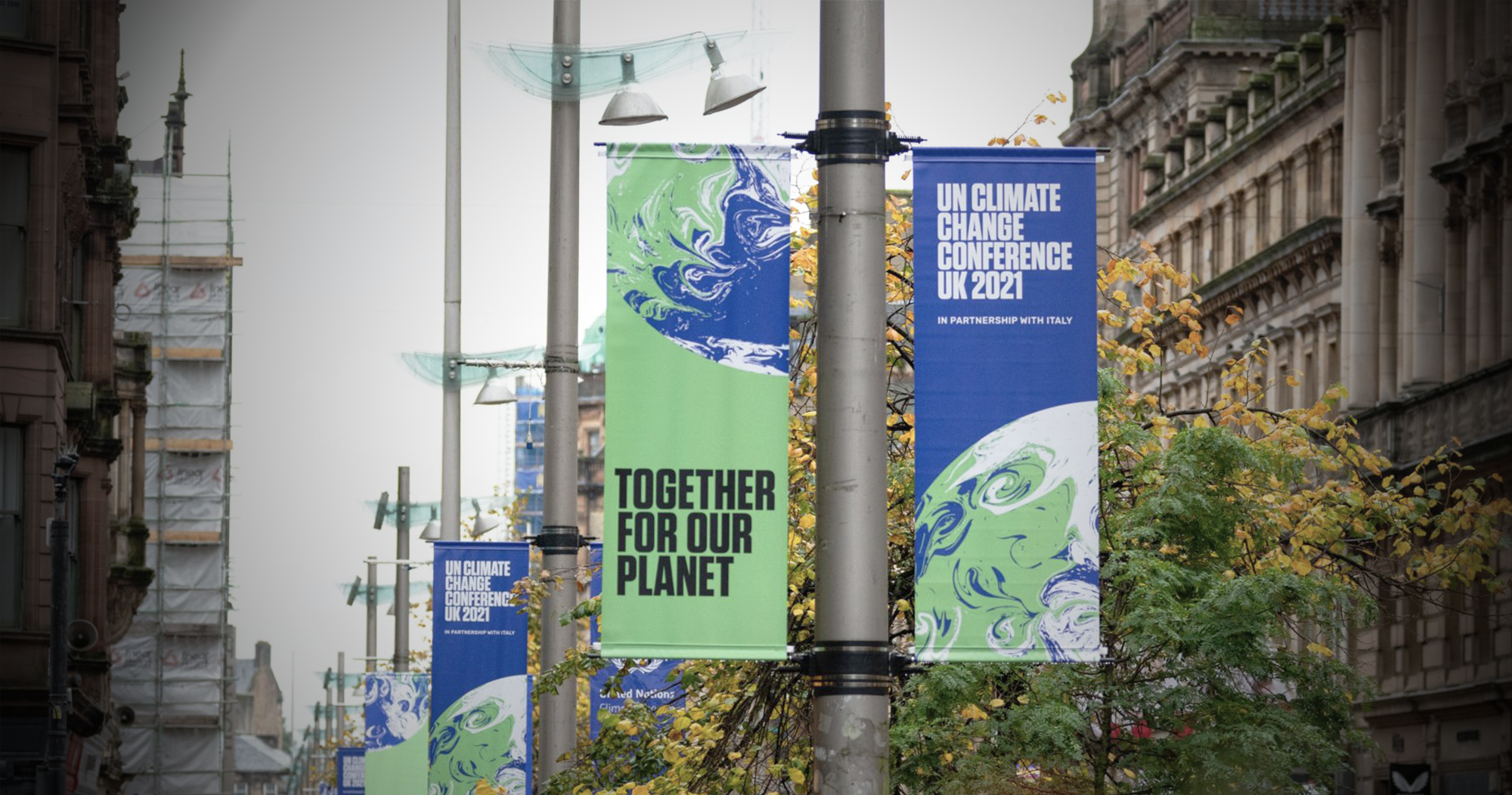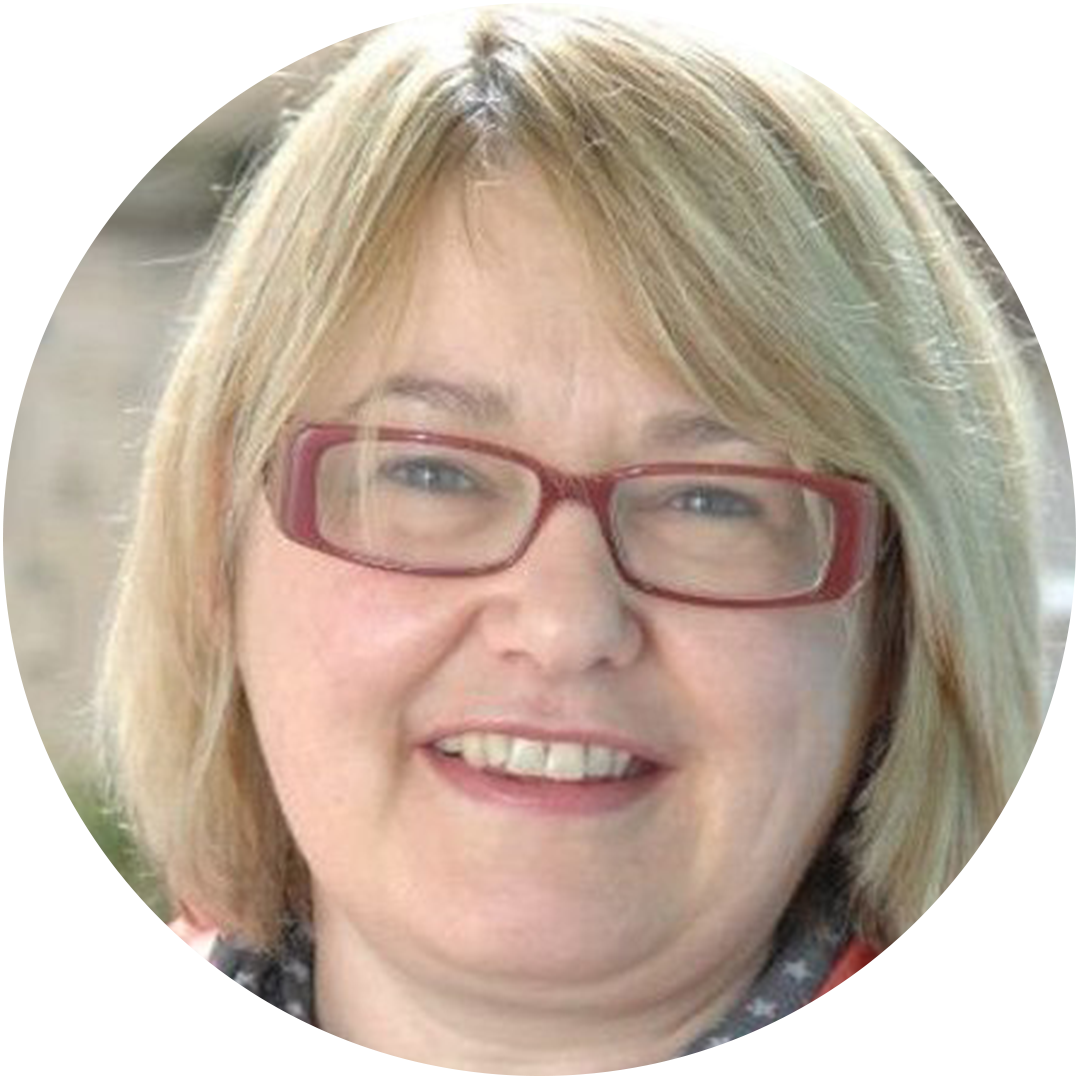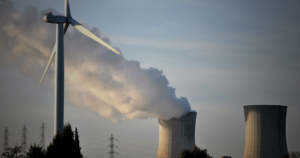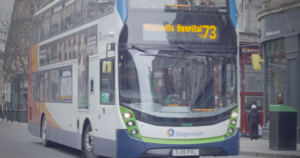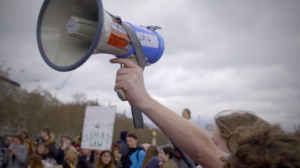Susan Dalgety is a Scotsman columnist (every Saturday). She is also a director of the Scotland Malawi Partnership.
The opening statement of Climate Assembly UK’s Path to Net Zero report is a masterclass in how politics should be done.
“We come from all walks of life and all across the UK. We have, between us, many different values, views and experiences. But we have worked together in an atmosphere of respect, co-operation, tolerance and humour to arrive at the considered recommendations in this report,” wrote the 108 members of the Citizen’s Assembly, who came together in 2020 to consider how best Britain can reach net zero.
Their recommendations, published last September, included a frequent flyer tax, a ban on the sale of gas boilers and voluntary reductions in the consumption of meat and dairy. But perhaps more significant than their ideas was the way in which assembly members worked together, regardless of their political views, background or where they lived, to think through the implications of the biggest challenge facing humanity, the climate emergency. They were united in a common purpose, one far bigger than their individual aspirations.
As world leaders gather in Glasgow for COP26, it is tempting to pin all our hopes on President Biden et al making substantial progress. Indeed effective political leadership at the highest level is crucial if we are to avoid global disaster. As Sir David Attenborough – the people’s advocate for COP26 – pointed out recently, “The world’s scientists have been very clear on what’s at stake for mankind if we don’t act on climate change. Our political leaders now need to lead and give people confidence that all the changes needed to deliver net zero are desirable and possible for all of us.”
The evidence is unequivocal. We must keep global warming to 1.5 C, otherwise we are all at risk – rich, poor, north and south. Climate change does not recognise administrative borders or national identities.
If the world is to survive the global emergency, we need COP26 to agree measures to guarantee that we will halve greenhouse emissions by 2030, and we need rich countries to agree much better support for vulnerable developing countries. “This is a matter of survival,” Malawi’s President Chakwera told ITV a few days ago.
But while we need the world’s political leaders to act, we must all play our part, just as the members of the Citizens Assembly recognised. As individuals, we can make adjustments to our daily life, from reducing the amount of energy we use, to changing how we travel and what we eat.
And perhaps there is more that we can do at a local level. Could we harness the energy of our towns and cities across the UK, bringing them together in green partnerships to share ideas and expertise and to encourage each other as we make the difficult transition to net zero?
There is long history of twinning arrangements between Scottish towns and cities and their counterparts abroad. Kirkcaldy is twinned with Ingolstadt in Germany, but why not join forces with another British town with a proud industrial heritage, like Doncaster? Motherwell, a former steel town could twin with Corby, Aberdeen with Southampton. The possibilities are intriguing.
The emergence of the industrial revolution in the 18th century changed the British economy forever and heralded huge progress in the lives of working people, from organised labour to universal education and – eventually – a national health service. And it saw people move around the UK for work. Nowhere is that more obvious than in Corby. The Northamptonshire town is often described as “little Scotland” because of the large number of Scots who moved there from the 1930s to work in the huge steelworks built by Glasgow-based Stewarts & Lloyds. By the 1961 Census, one-third of the town’s population had been born in Scotland.
But the industrial revolution also set in train the environmental juggernaut that has led to the climate emergency. It is not countries like Malawi, where only 11 per cent of the population has electricity in their homes, that caused global warming, but rich industrial countries like ours. Our dependence on fossil fuels to power our factories and our transport infrastructure, to heat our homes and enable the digital revolution, has led directly to global warming.
Green partnerships between former coal towns such Kirkcaldy and Doncaster could be an imaginative way to bring the slogan ‘think global, act local’ to life.
Our leaders need to harness the public support for real change that there now is in Britain, before it is too late. Supporting towns and cities to work together, testing out ideas such as free bus travel or district heating schemes, could prove to be a valuable investment and might just help us on our path to net zero by 2050.
We worked together to create our industrial economy. Let’s work together to mitigate its worst effects.

